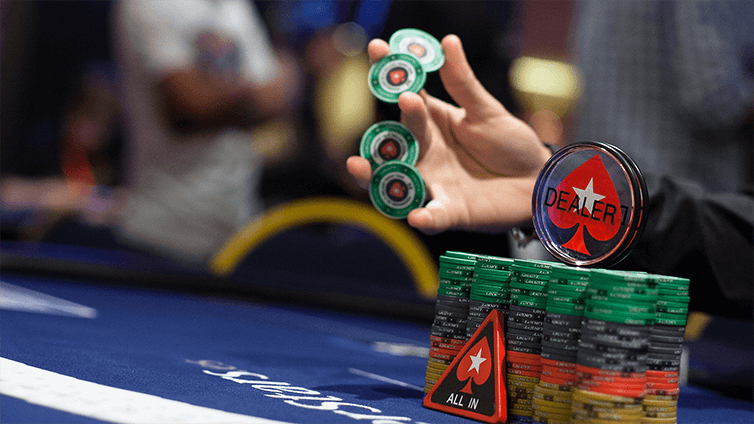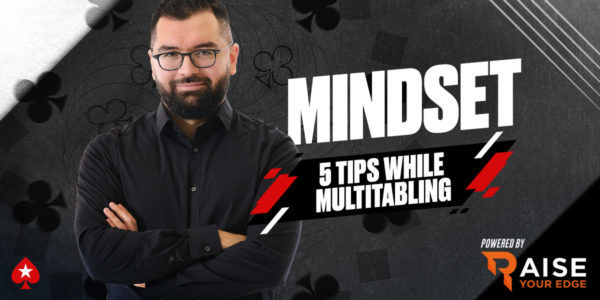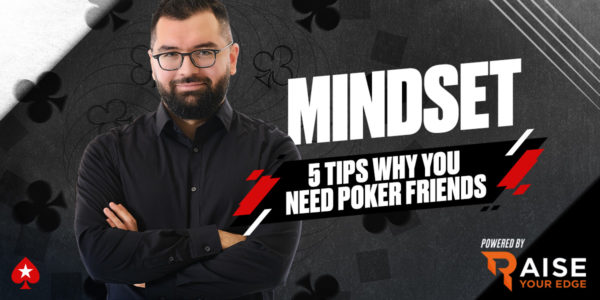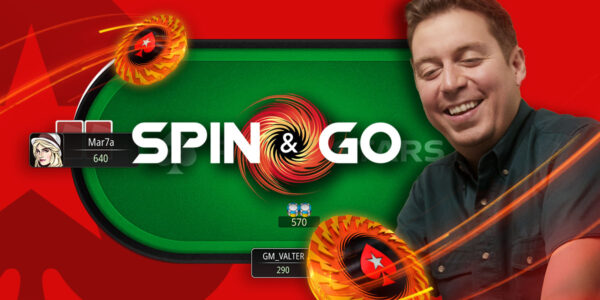Pros and Cons of Turning Professional at Poker
What distinguishes poker from other hobbies is its latent potential to become more than just a hobby, if you can become good enough. For some, turning professional is a dream that never quite happens, for others its an accident that sets them up for life.
If you aspire one day to have a career as a poker player, it is sensible to understand the practicalities first. There are advantages and disadvantages to making this transition. As someone who has been a professional player and instructor for the last five years, I would like to give you guys my take on this important life-decision.
Pro: Doing What You Love
As a teenager and young adult, I worked a few really demoralising minimum-wage jobs. The feeling of having to get out of bed to do something that was entirely meaningless and unfulfilling really stung. The idea of stacking shelves for eight hours, for me, elicited something that blended dread with futility. I pursued poker as obsessively as I could because I had this burning drive not to end up doing something that would leave me asking: ‘is this really it?’ Of course, there are many fulfilling careers other than poker, but if you are a naturally talented player with a high work ethic, passion for the game, and high mental endurance, a career in poker is one way to avoid the trap of merely surviving work to enjoy the weekend. For me, it was the answer to an absolute lack of direction in my professional life. I have played games all of my life. They have always been my escape and my passion. Making a career out of a game is a bit like being told you get to be a kid forever. Until that is, you get properly punched in the face by bad variance for the first time…Let’s talk about that.


Con: Variance, Stress and Insecurity
If the dead-end jobs I worked in my early twenties had anything going for them, it was the certainty that I would receive my meagre pay-check at the end of the month. The first year I turned professional, I did not yet have much of a coaching or book-sales business and so I relied fully on the tides of variance not ripping me to pieces at the tables. The reason I say ‘relied’ is that I really did not have the mental game experience to cope well with a massive downswing during that first year. Working hard on your game and putting in 40+ hours a week at the tables to break even for two months due to a nasty downswing can cause all sorts of anxiety and pressure that you have never felt before. Doubts about your ability to pull this off suddenly become huge demons. Poker transforms into your worst nightmare and going to work to get coolered another twelve times seems unbearable. But here’s the good news: if you are a winning player, the next upswing is around the corner. The trouble is that you have to avoid falling apart while you wait for it. Variance leads to stress – this is unavoidable in a healthy human-being, especially when it threatens your ability to pay the bills. Do not neglect your mental game if you decide to go down the professional route – you will need it.
Pro: Freedom
Being able to take time off whenever you want is amazing. Having no one breathing down your neck while you work is liberating. Being the one who sets your own deadlines carries with it a satisfying sense of control. Feeling productive and focussed? Play extra hours. Feeling sluggish? Go for a nap and come back later. Such control over when you work is a real luxury and is without a doubt my favourite part of having a career in poker. Poker allows you the option of travelling to play live or going away into the countryside for a week to work on your game for eight hours a day without a single distraction. Even if the game does become a little repetitive sometimes, and the honeymoon period ends as you make poker a full-time job, the freedom is permanent. Beware though, too much freedom is a bad thing for those of us who lack willpower. This is a mental muscle that must be trained daily in this line of work.
Con: Fierce Competition and Instability
The game moves so quickly at the professional level that if you neglect study for a single month, you might just fall behind and lose a chunk of your win-rate. Information is everywhere these days and so it is no wonder that even players who are not at all naturally gifted are able to play a semi-competent game. This makes the professional’s edge much smaller than it was in the glory days when all we needed was a brain and a computer to win money. In such a competitive arena lurks the problem of long-term uncertainty. Will I still be able to beat the games in three years’ time? What if online poker gets banned by my government or taxed so heavily that I cannot profit? Unless you make a lot of money and are at the very top of the game, there will be a certain amount of long-term uncertainty in turning professional. You will not get a cosy state pension or guaranteed career progression from poker, but this is the price of freedom.
Conclusion
As a professional poker player, you are trading long-term job stability and guaranteed monthly income for the freedom of following your passion. I have never once regretted my choice to choose poker over a more conventional career, but that’s not to say this game is the right way of making a living for everyone who has the skills to do it. Building those skills can be a rewarding challenge in and of itself even if you never get around to quitting the day job.












